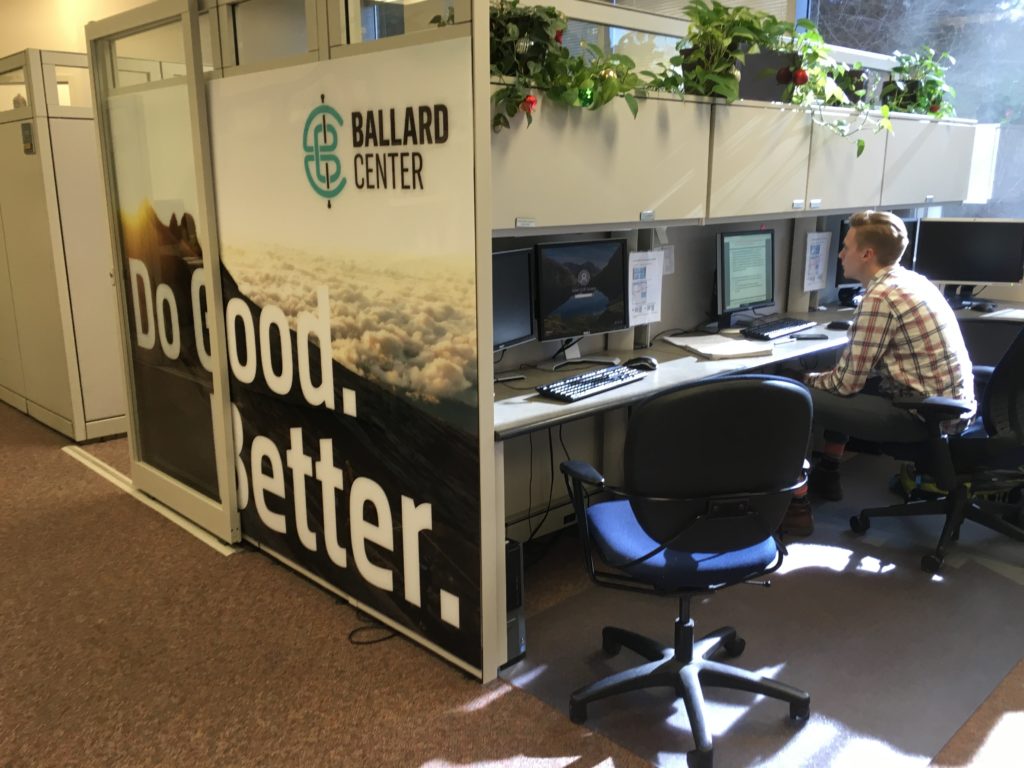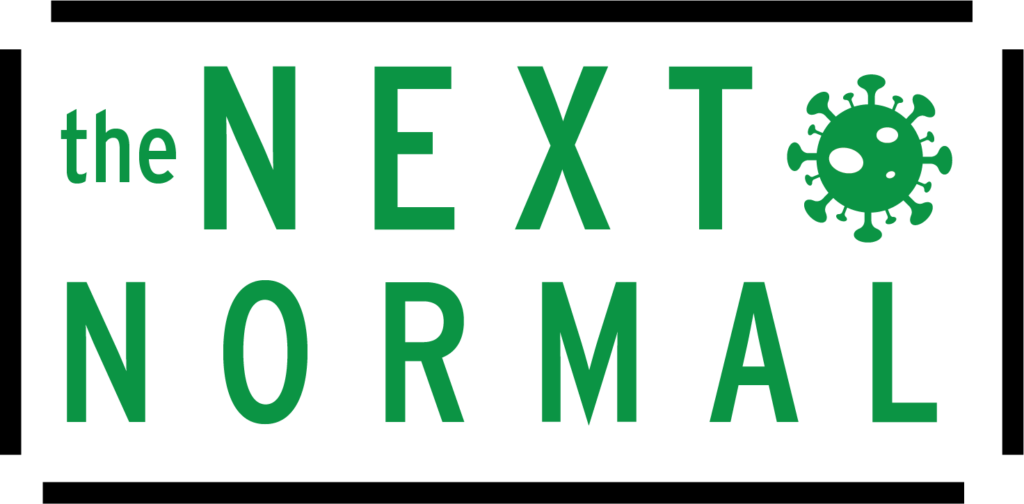
Editor’s note: This story is a part of a series that explores the lasting impacts of the COVID-19 pandemic and how things have changed on and off campus.
The pandemic has shined light onto various social issues, like healthcare inequalities and domestic abuse, but the organizations working to solve these issues are struggling to do so remotely.
The Melvin J. Ballard Center for Social Impact has been operating some of its programs remotely as students and faculty work to overcome problems illuminated by COVID-19.
The Ballard Center is an academic organization that helps BYU students solve social problems. Though COVID-19 has made executing social impact projects a more difficult feat, Ballard Center associate managing director Aaron Miller said the disease is “shining a brighter light on inequities that have been around for a long time” and need to be addressed.
“A lot of the necessity has been hidden from view to a lot of us,” he said. “I think when things change dramatically like this, it allows us to see these necessities that have been ignored in ways we haven’t noticed.”
He cited inequalities in education as one problem brought to light by COVID-19. When schools went remote, students from lower socioeconomic backgrounds who didn’t have the necessary resources at home to complete online assignments were excluded from their education. A lack of resources at home has always made learning hard for these students, Miller said, but COVID-19 has cast that difficulty into starker contrast.
Miller also said COVID-19 has revealed long-standing inequity in healthcare, especially globally. Many developing countries, he said, don’t have the medical resources to handle large-scale disease outbreaks.
Miller said he hopes COVID-19 will inspire Ballard Center students and others working in the social impact field to tackle these and other social problems.
Former Ballard Center student Hailey Daniels Krey has responded to the needs illuminated by COVID-19 and expanded the scope of her social innovation company accordingly. The entrepreneurship graduate developed Ascendant Anxiety Tracker, an app to help patients track their anxiety symptoms, with an interdisciplinary team as part of the Crocker Innovation Fellowship.
Though they originally intended to gear the app toward individuals, Krey and her team realized their platform could help therapists manage the increased demand for therapy as people experienced increased anxiety because of COVID-19.
The disease’s unusual circumstances also prompted Krey and her team to brainstorm ways they could use their app to help HR professionals recognize and respond to anxiety symptoms in their employees.
“Above all, COVID-19 created a sense of urgency for us,” Krey said.
She and her colleagues are currently beta-testing the app, which she said has been difficult to accomplish remotely.
Ballard Center Academic Director W. Gibb Dyer said most social innovation projects, like Ascendant, lend themselves toward in-person activities and are difficult to accomplish while social distancing for a number of reasons.
For example, many innovation projects are based in impoverished regions of the world, where most, if not all, of the population lacks internet access. Without video chat services to make remote connection possible, researching and executing projects becomes a nearly insurmountable challenge.
“We like doing hands-on things, so this doesn’t fit us very well, the social distancing,” he said.
Despite the difficulties presented by the need to maintain social distance, Ballard Center communication and operations director Alicia Gettys said all Ballard Center classes and programs will be operating during the coming school year, even if BYU decides not to resume in-person classes.
Because the Ballard Brief and Social Impact Projects programs have been operating in an appropriately distanced way over Spring and Summer Terms, “we now know that we have a model that can work Fall (and) Winter, if that’s what campus expects out of us,” Gettys said.
Gettys said social impact work benefits the workers as well as the beneficiaries, as doing good gives a sense of purpose during these difficult times.
“My hope is that it’s given people something to wake up looking forward to when the world kind of feels like a mess,” she said. “They can wake up knowing that they’re doing their part to make the world better.”





